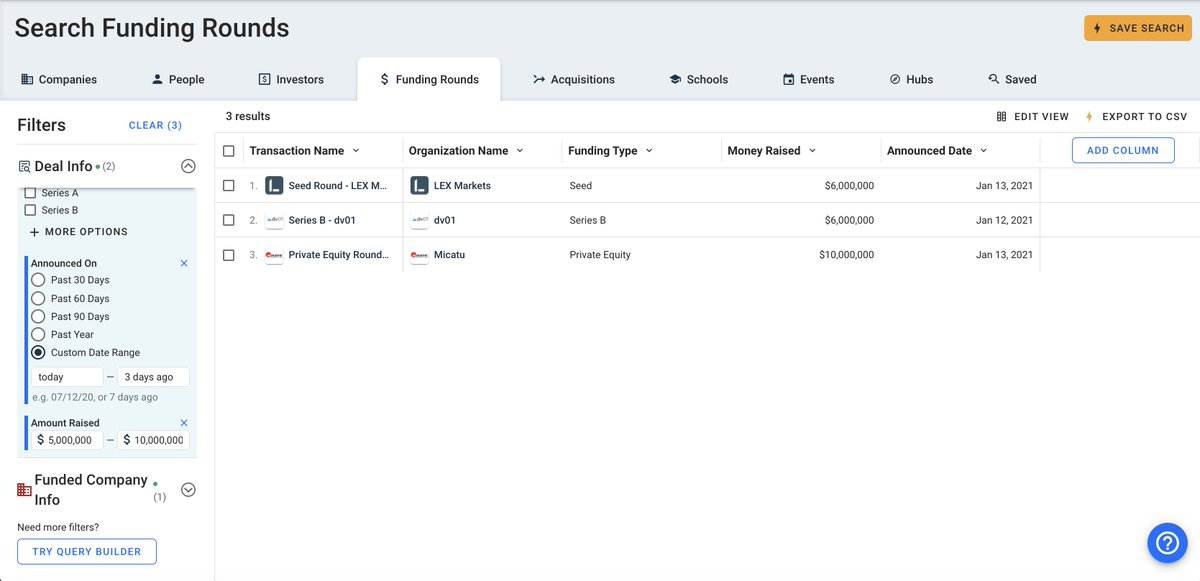Everything else: demo day, what investors you get, how much you raise, what press covers you -- it is all window dressing.
I just gave a talk to the W2021 YC batch. It's my favorite startup audience to talk to. Here are some of the highlights:
Everything else: demo day, what investors you get, how much you raise, what press covers you -- it is all window dressing.
1/ What is \u201cproduct/market fit\u201d? I\u2019m not sure I can give you a definition. But maybe I can share what the subjective difference is in how it feels when you have it and when you don\u2019t. Founding a startup is deciding to take on the burden of Sisyphus: pushing a boulder up a hill.
— Emmett Shear (@eshear) July 27, 2019
YC is really an accountability framework for you to make fast progress in finding PMF. No one wants to be the person that shows up during office hours and reports that nothing got done the last two weeks.
You should outline your values up front. Then make decisions in accordance with your values. I can’t tell you what they should be (and no one else can).
Start with values. Values will keep you together when you face stressful decision points (selling the company, shutting down, pivoting).
With your cofounders, build trust through vulnerability, clear communication, clear areas of responsibility.
More from Justin Kan
More from Startup
Most people have only just seen the opening scene of the internet.
But behind the curtains there’s pure gold.
Here are 10 of the most useful websites in existence:
https://t.co/YShvPsYfKT
See all of your newsletters in one place and unsubscribe from them with a single click.
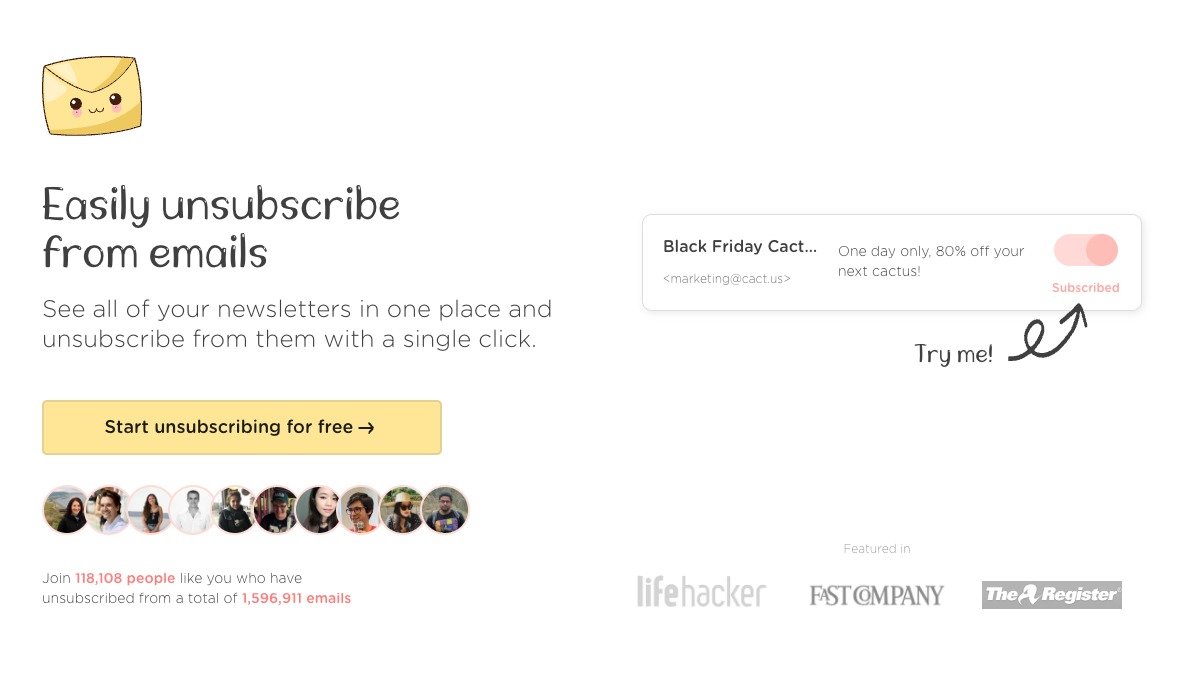
https://t.co/eIoLiGGIHh
Share files privately & secure, without a size limit or storing anything online.
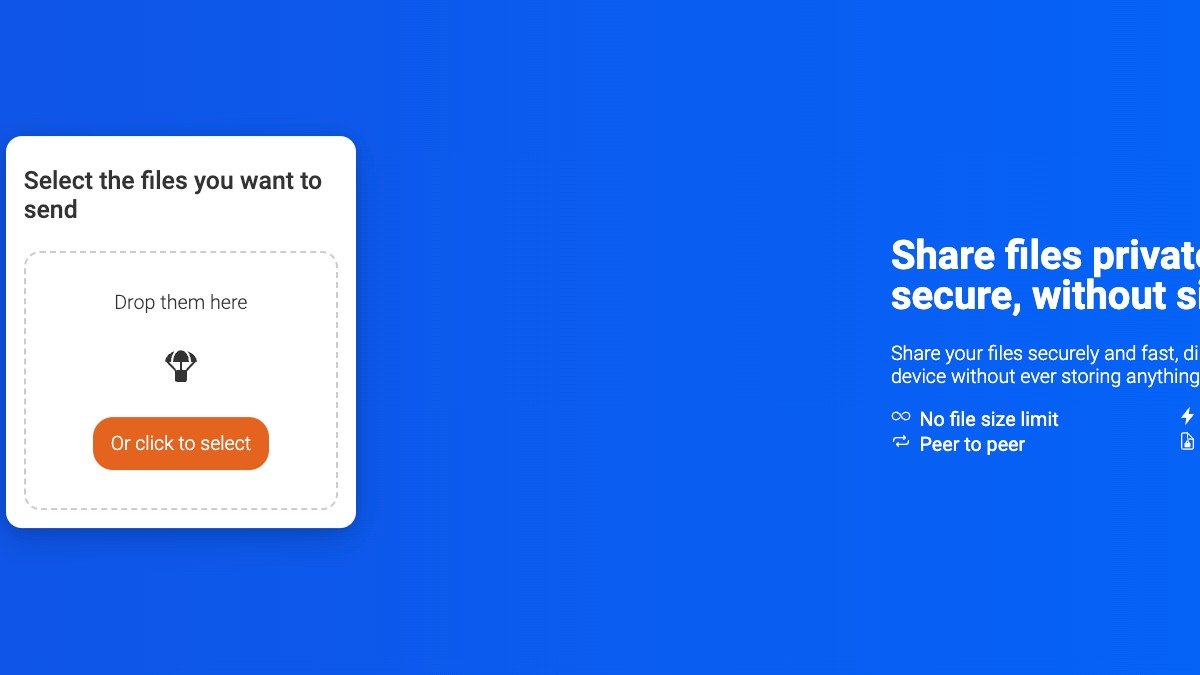
https://t.co/fk467hI0Vu
A fast visual sitemap builder and website planner.
You can build, plan, and visualise your website structure and create content in real-time.
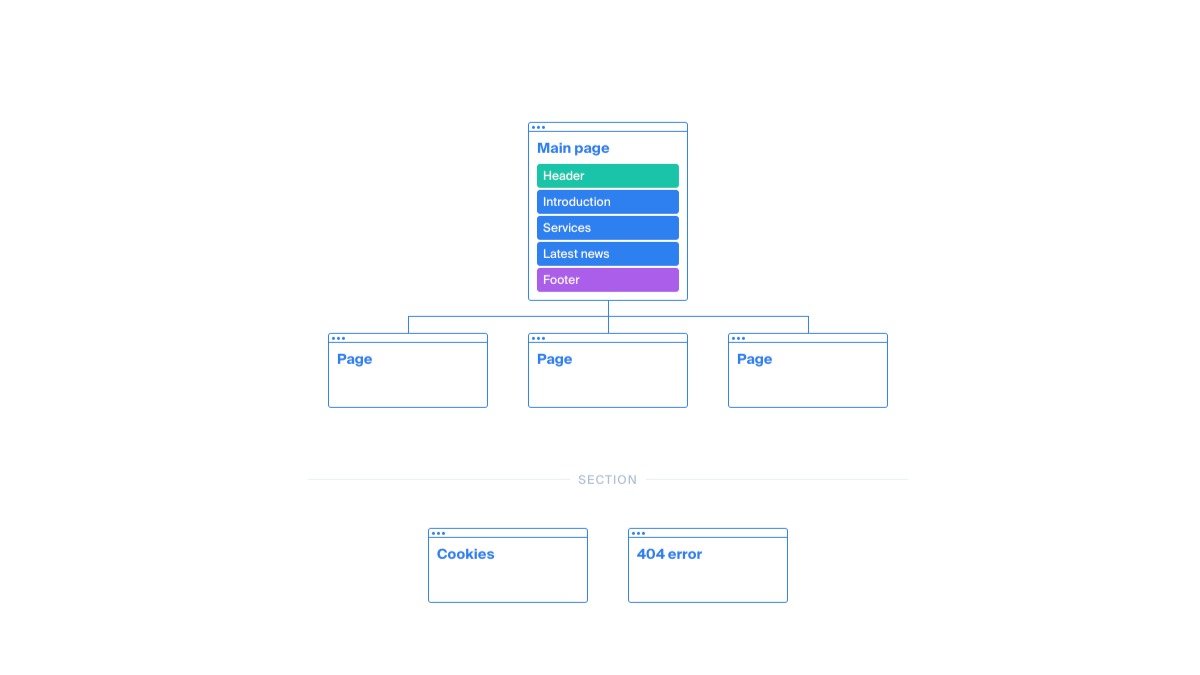
https://t.co/rsJN67IqTI
Examine lets you cut through the noise on Nutrition and supplement information.
It’s got zero conflicts of interest: No ads, No industry ties.
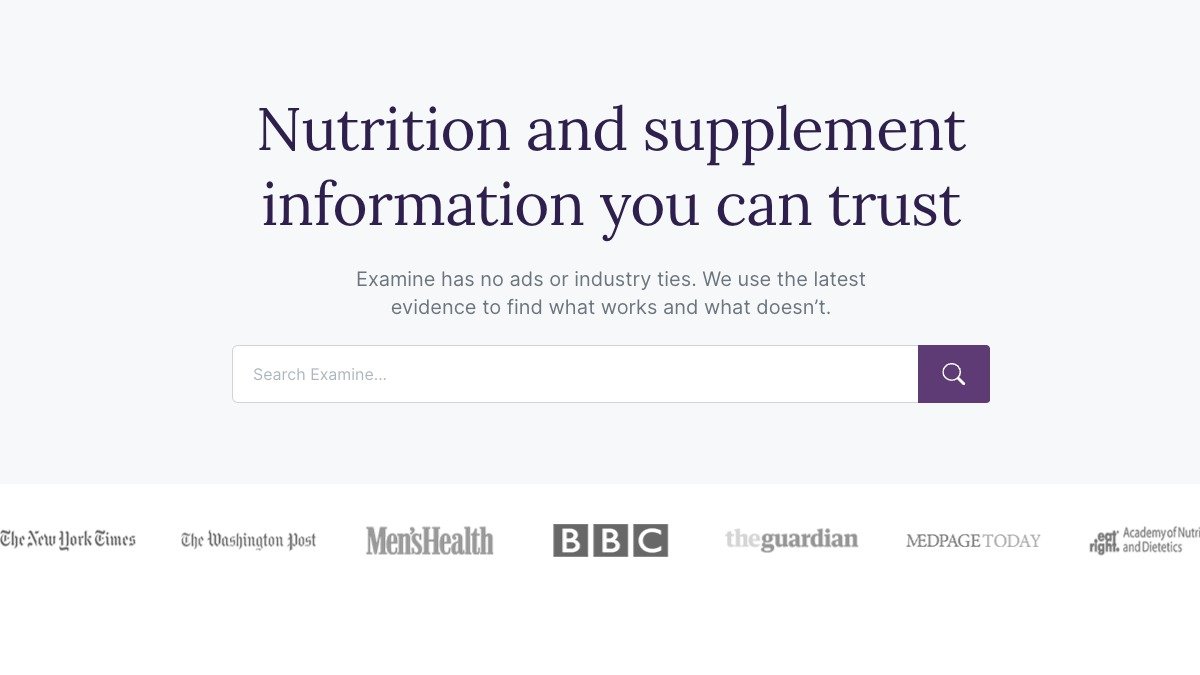
But behind the curtains there’s pure gold.
Here are 10 of the most useful websites in existence:
https://t.co/YShvPsYfKT
See all of your newsletters in one place and unsubscribe from them with a single click.

https://t.co/eIoLiGGIHh
Share files privately & secure, without a size limit or storing anything online.

https://t.co/fk467hI0Vu
A fast visual sitemap builder and website planner.
You can build, plan, and visualise your website structure and create content in real-time.

https://t.co/rsJN67IqTI
Examine lets you cut through the noise on Nutrition and supplement information.
It’s got zero conflicts of interest: No ads, No industry ties.

The dirty inside secret most first-time entrepreneurs don't know.
14 tools I use to steal from competitors, and build million-dollar businesses.
Housekeeping note:
Don't do anything that destroys your reputation. Copying what works is a simple & practical strategy, but don't cross any boundaries.
In this thread, I'll show you how to steal your competitors' traffic, product ideas, and customers in a 100% fair way.
1. Steal their social media traffic
Drop your competitors' url in https://t.co/n4squ8fjHh
It will tell you what % of their web traffic comes from which social media platform
Looks like this
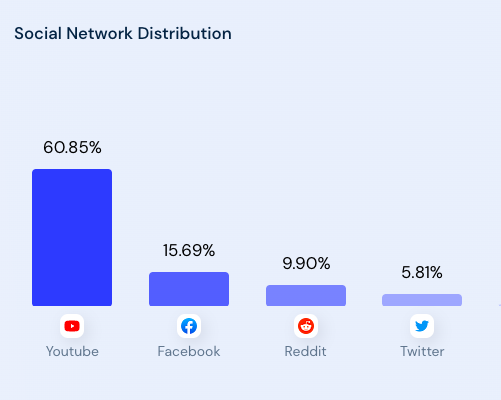
Generally, this traffic will be from ads and not content. To steal their social traffic, you'll need to steal their ad strategy.
If they're getting their traffic from Facebook...
2. Steal their Facebook ads
Go to Facebook Ad Library and find ads that your competitor has been running for 6+ months.
All of these ads are likely profitable https://t.co/bgqtSOvAe2
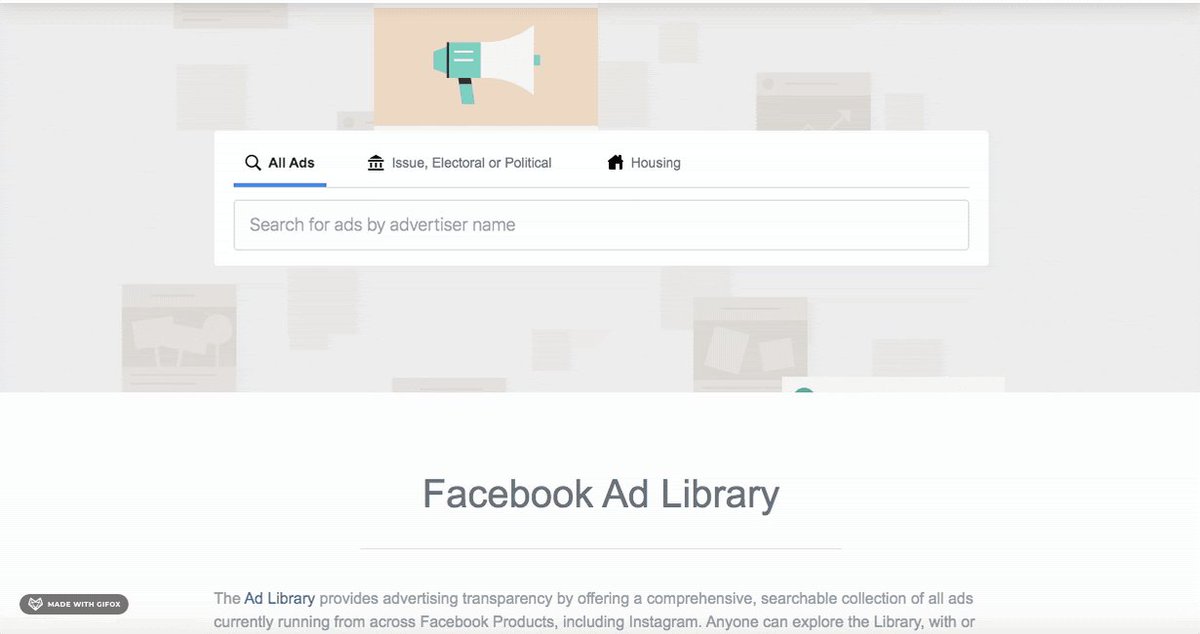
14 tools I use to steal from competitors, and build million-dollar businesses.
Housekeeping note:
Don't do anything that destroys your reputation. Copying what works is a simple & practical strategy, but don't cross any boundaries.
In this thread, I'll show you how to steal your competitors' traffic, product ideas, and customers in a 100% fair way.
1. Steal their social media traffic
Drop your competitors' url in https://t.co/n4squ8fjHh
It will tell you what % of their web traffic comes from which social media platform
Looks like this

Generally, this traffic will be from ads and not content. To steal their social traffic, you'll need to steal their ad strategy.
If they're getting their traffic from Facebook...
2. Steal their Facebook ads
Go to Facebook Ad Library and find ads that your competitor has been running for 6+ months.
All of these ads are likely profitable https://t.co/bgqtSOvAe2






